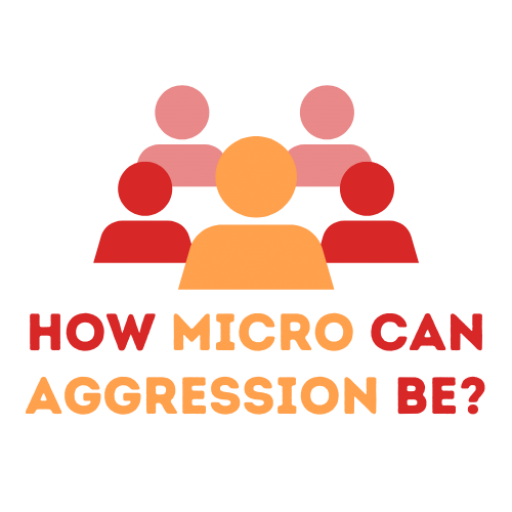Step 6: Theory
Educate the Perpetrator
The perpetrator is likely to experience discomfort and defensiveness when these micro-interventions are employed as tactics to address micro-aggressions. They are not meant to punish the Initiators. The aim, whether you use the first or second approach, is to instill in the perpetrator that they have acted in a way that was not acceptable. A dialogue is started, and if the perpetrator is open to it, they allow themselves to be educated. Their education is not the responsibility of the person experiencing or witnessing the micro-aggression, but choosing a micro-intervention tactic that tries to educate the perpetrator and promotes empathy could have positive benefits eventually. Here are five tactics to educate the perpetrator:
- Differentiate between intent and impact.
- Appeal to the offender’s values and principles.
- Point out the commonality.
- Promote empathy.
- Point out how they benefit.
Let us apply these five tactics to a specific situation. For example, when the perpetrator says the following to a fat woman: “How can you be vegan and be that size?”
a.“I am sure you did not mean to, but that comment was demeaning to me/her. Me/her being vegan has nothing to do with the size of my/her body.”
a.“I know that you value tolerance and respect for all, but making a comment like that undermines your intentions to treat everyone with respect.”
a.“This is a negative stereotype about fat people. We are not what we eat, and we also are not the size of our clothes. Those things are not necessarily correlated. You should talk to her, I know you have been meaning to try out more vegan dishes, and she might have helpful tips for you.”
b.“I noticed that you commented on her body size based on her vegan diet. I used to do/say that too, but then I learned that someone’s diet is not the only or even the most crucial factor to determine their body size.”
a.“Plenty of fat people have a wide variety of different diets. Being fat does not mean you eat only a specific type or amount of food. How would you feel if someone made such assumptions about you based on what you eat?”
a.“I know you do not want to be hurtful. That is why I think that learning about stereotypes about fat people and about what fatphobia is, will minimize any potentially unintended harm to people you care about.
